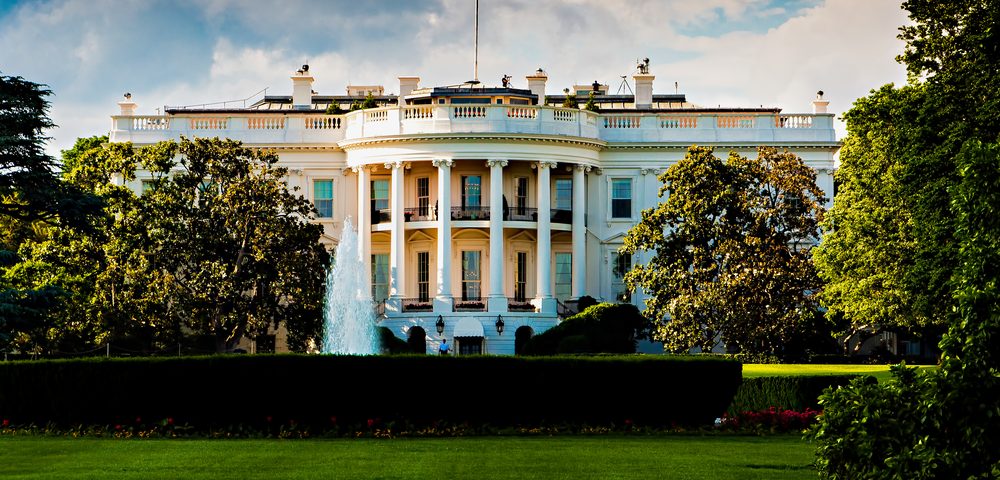Three faculty members at the University of California San Francisco (UCSF) proposed a new model of healthcare delivery for breast cancer patients, based on better cancer care documentation, at the recent White House Cancer Moonshot Summit led by U.S. Vice President Joe Biden.
The UCSF proposal, titled OneSource, introduces the idea of using standard checklists to document cancer care, and to better enable feedback and multiple connections to breast cancer registries, clinical trials and research. One Source is also a joint initiative involving the University of California Office of the President (UCOP), University of California Health, the Athena Breast Health Network, Quantum Leap Healthcare Collaborative and Salesforce.
“In the same way data aggregation has transformed such industries as communications, retail, and financial services, the intelligent application of patient clinical trial data will be a disruptive technology that drives the personalization of cancer medicine,” a White House fact sheet announcing the initiative read, according to a USCF press release.
The model was one of 37 public- and private-sector efforts to better treat and, ultimately, to cure cancer announced at the summit. It was based partly on an ongoing study at USCF evaluating more targeted and personalized use of breast cancer screenings based on a patient’s perceived risk of the cancer, called the WISDOM study, and on experiences in tailoring screening and prevention for the nearly 100,000 breast cancer patients in the Athena Breast Health Network.
Laura Esserman, MD, director of the UCSF Carol Franc Buck Breast Care Center and co-leader of the Breast Oncology Program at the UCSF Helen Diller Family Comprehensive Cancer Center, introduced the proposal. Dr. Esserman is also leading the WISDOM study.
Dr. Esserman was joined at the summit by her colleagues, Jeffrey Bluestone, PhD, and Atul Butte, MD, PhD. It total, more than 350 researchers, oncologists and other care providers, data and technology experts, patients, families and patient advocates participated in the June 29 event, held at Howard University in Washington, D.C. Topics addressed also included patient recruitment and retention in cancer clinical trials.
Vice President Biden convened the summit as part of a “national day of action” to advance the goal of doubling the progress rate in understanding, preventing, diagnosing and treating all kinds of cancer. More than 270 regional summits were also held across the U.S. that day to promote this goal.

